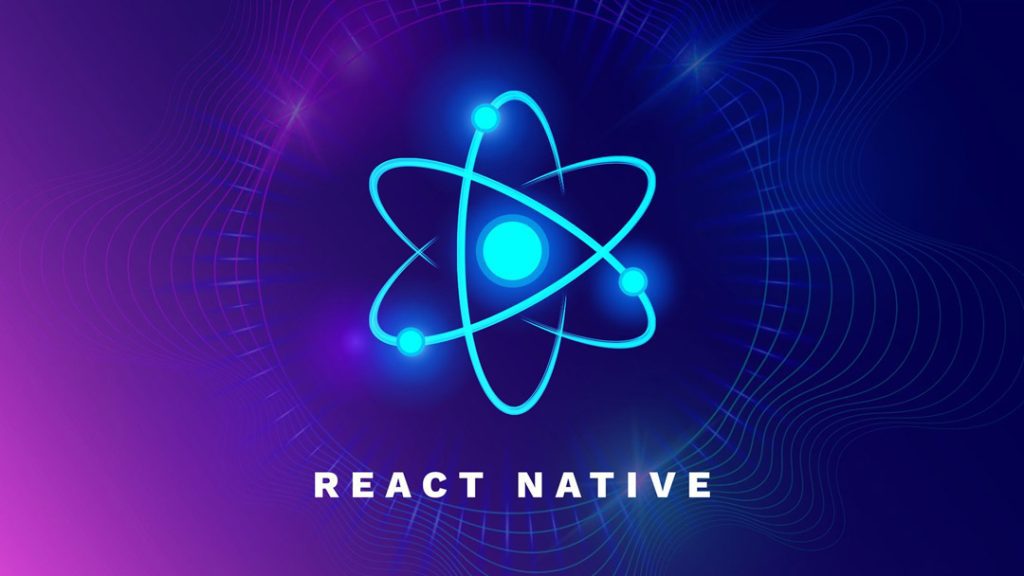

Welcome to Crownsoft, where we specialize in developing high-performance, innovative mobile applications using React Native. Our dedicated team of React Native experts is committed to delivering cross-platform apps that not only meet but exceed your business expectations.
Why React Native for Your Mobile App?
React Native, created by Facebook, is a cutting-edge framework for building mobile applications. It allows for the development of iOS and Android apps using a single codebase, offering:
Our React Native Development Services
At Crownsoft, our services encompass all aspects of React Native development:
Why Choose Crownsoft for React Native Development?
How React Native Development can lead to significant cost savings?
Developing your application with React Native can lead to significant cost savings without compromising on quality, primarily due to the following reasons:
In summary, by leveraging React Native’s capabilities for cross-platform development, utilizing its extensive ecosystem, and benefiting from its efficient development processes, businesses can save money while still producing high-quality, efficient, and scalable mobile applications.
Top Apps that are Built using React Native Technology
Several top U.S. apps have been developed using React Native, showcasing the framework’s versatility and popularity. Here’s a list of some notable examples:
These examples demonstrate React Native’s capability to support a wide range of applications, from social media and business to fitness and e-commerce, offering a consistent user experience across different devices.
A: Kotlin is a modern programming language that runs on the Java Virtual Machine (JVM). It is designed to be fully interoperable with Java, but with a more concise syntax and advanced features. Kotlin is preferred for Android development due to its safety features, such as null safety, its concise and expressive code, and its seamless integration with existing Java codebases.
A: Absolutely! Kotlin is a versatile language that can be used for both frontend (Android) and backend development. Its compatibility with the JVM makes it an excellent choice for server-side application development, providing all the benefits of modern language features.
A: At Crownsoft, quality is paramount. We have a rigorous development process that includes thorough planning, robust coding standards, continuous testing, and quality assurance. Our team of expert Kotlin developers employs best practices and the latest technologies to ensure the highest quality in every project.
A: Kotlin is highly versatile and can be used for a wide range of projects, including but not limited to custom Android applications, enterprise-level backend systems, web applications, and desktop applications. Its flexibility makes it suitable for various types of business applications.
A: Kotlin offers several advantages over languages like Java, including a more concise syntax, improved safety features, and better support for functional programming. Compared to Swift, Kotlin provides similar benefits in terms of modern language features, but with the added advantage of JVM compatibility, making it more versatile for cross-platform development.
A: Crownsoft believes in maintaining transparent and regular communication with our clients. We use various tools and platforms to keep you updated on your project’s progress and are always available for queries or discussions. Regular meetings, email updates, and project management tools are part of our communication strategy.
A: The timeline for a Kotlin development project can vary depending on the complexity and scope of the project. However, thanks to Kotlin’s efficiency and our agile development approach, we often deliver projects in a shorter timeframe compared to traditional Java projects. For specific timelines, we conduct a thorough analysis of your project requirements.
A: We offer comprehensive post-development support and maintenance services to ensure your application remains up-to-date and runs smoothly over time. This includes regular updates, bug fixes, performance optimization, and feature enhancements as required.
A: Yes, we specialize in migrating existing Java applications to Kotlin. Our team carefully assesses your current application and plans a migration strategy that minimizes downtime and ensures a smooth transition while retaining the integrity and functionality of your application.
A: To get a quote, please contact us with your project details. We’ll schedule a consultation to understand your requirements and provide a detailed estimate based on your specific needs.
1567, 701 Tillery Street Unit 12, Austin, TX, Travis, US, 78702
Crownsoft © 2025 | All Rights Reserved
Crownsoft © 2025 | All Rights Reserved